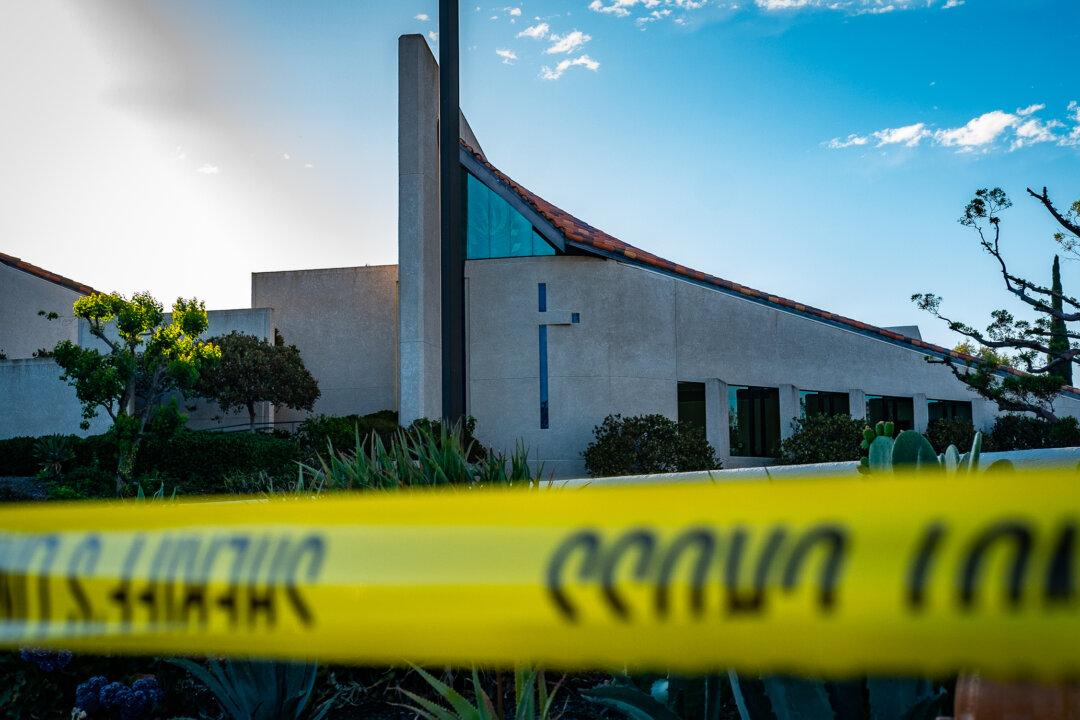SACRAMENTO—California’s plan to push some homeless suffering from mental illness into court-ordered care moved forward this week following a unanimous vote in a Senate committee hearing.
“We have been investing billions and billions and billions of dollars into our mental health system [and] into our homelessness system,” bill co-author Sen. Susan Eggman (D-Stockton) said during the hearing on April 26. “We cannot continue to send billions of dollars to a system that is not responsive to the needs that we see every day on the streets.”




